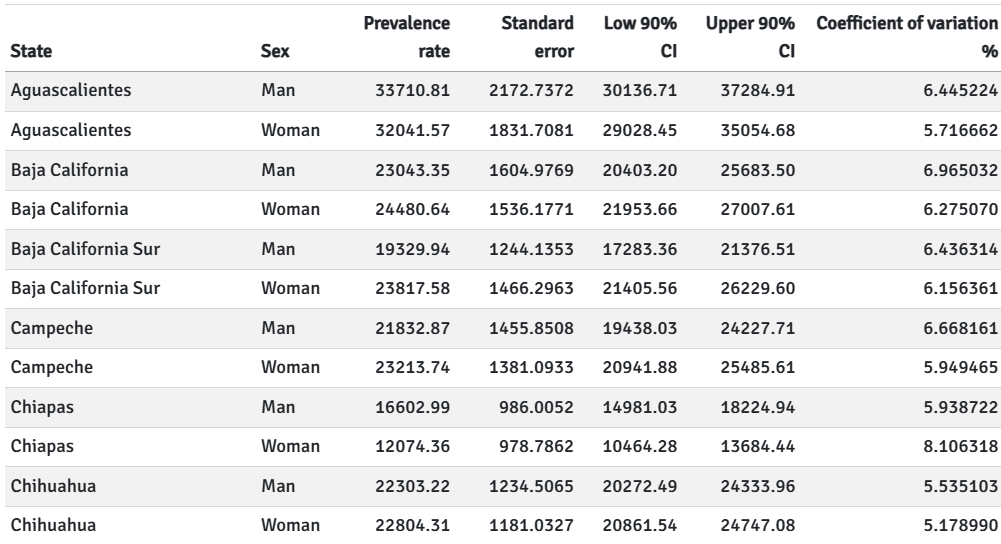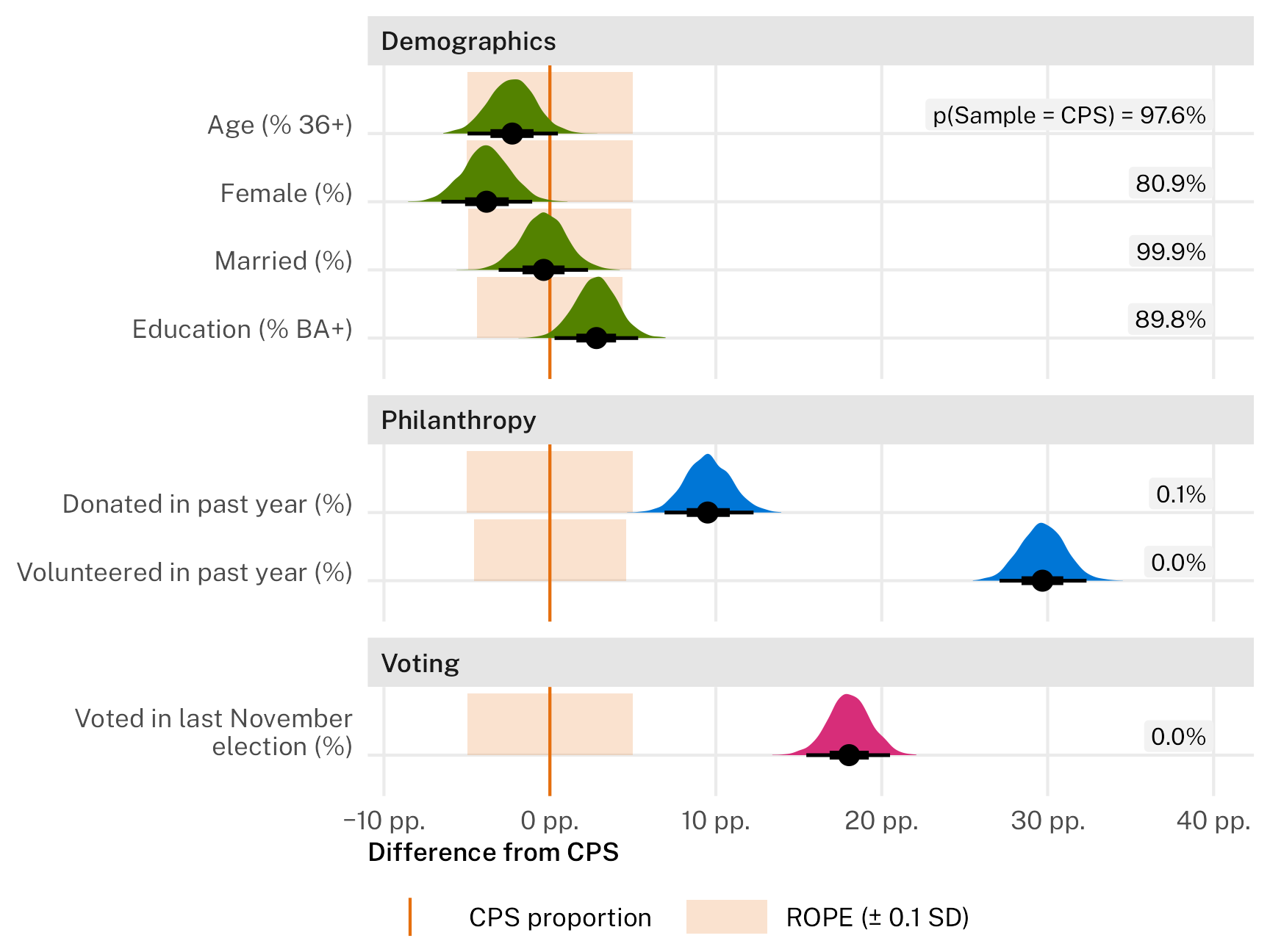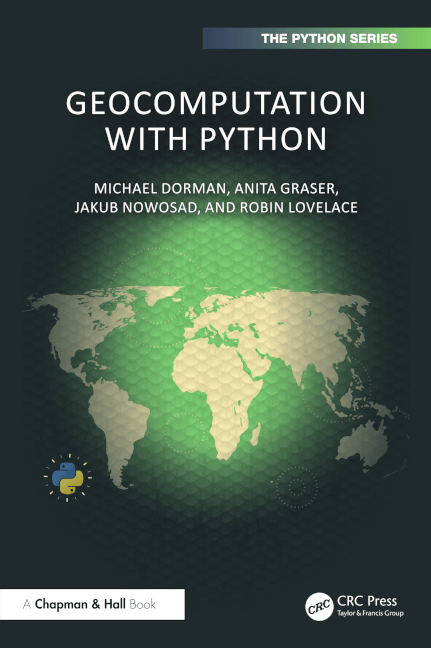por Teresita Garabana La introducción de la moda en la prensa sudamericana del siglo XIX es un fenómeno que, aunque se ha estudiado de forma separada en distintos países, rara vez se aborda desde una perspectiva transnacional. Entonces, ¿qué nos permite conocer el análisis comparativo de la prensa de modas en Buenos Aires y Río de Janeiro?
Postagens de Rogue Scholar
OpenAlex has added a new metadata matching strategy co-developed by ROR and Crossref to its affiliation matching processes: ROR is also investigating the prospect of incorporating this new matching strategy into the ROR API in 2025. If you’ve been reading our recent series of blog posts about metadata matching, you know that automatic metadata matching at scale is a topic dear to our hearts.

The Rogue Scholar science blog archive continues to grow, with seven new blogs added this month and more than 24,000 archived blog posts. Luckily, onboarding new blogs is mostly automated, with the Rogue Scholar API handling the blog setup and blog post ingestion from RSS feeds. Some questions frequently come up and I try to improve the Rogue Scholar documentation to address them.

Die Trends aus den letzten Umfragen und Recherchen (Goeritz 2023; Nagel 2023; Petersohn & Thiedig 2023) zeigen es deutlich: Immer mehr Forschungseinrichtungen und Hochschulen entscheiden sich für die Einführung und Nutzung eines Forschungsinformationssystems (FIS), um ihre strategische Auskunfts- und Berichtsfähigkeit sowie ihre Außendarstellung zu verbessern.
Wie gelingt die Reform der Forschungsbewertung hin zu mehr qualitativen und transparenten Verfahren? Mit dem Zusammenschluss in der „Coalition for Advancing Research Assessment“ – kurz: CoARA – versuchen mehr als 700 Wissenschaftsorganisationen, eine Verbesserung der Forschungsbewertung zu erreichen. Zusammen mit der UB an der Freien Universität Berlin hat das OABB kürzlich ein Empfehlungspapier publiziert.

tl;dr: Here’s a how-to for adding some “AI”-poison to your static site that’s hosted on Codeberg Pages (or GitHub Pages ). I’d appreciate some feedback on if this is useful/how it could be improved. If you’re running any type of website in 2025, you’ll likely be suffering from the impact of generative “AI”. Be that “AI”-generated spam posted to your site, crawlers bringing your server(s) down or just having

Edit February 12, 2025: Added R-Flo, Flux, Unbound Potential What is this, two blogposts in one day? My buddy Andrew Wang and I compiled this list of flow battery and related companies over the last few years, now making it public in the hopes of potentially integrating it with FBRC one day.

I remotely attended the “Annual UK Flow Battery Network Symposium” organized by Profs Toghill and Sobrido of Lancaster Uni and QMUL, respectively.

In this article, I will guide you through the process of analyzing Mexico’s 2024 National Survey of Victimization and Perception of Public Safety ( Encuesta Nacional de Victimización y Percepción sobre Seguridad Pública , ENVIPE) using the {tidyverse} framework for survey analysis with the {srvyr} package.

Last week I was making some final revisions to a paper where we used a neat conjoint experiment to test the effect of a bunch of different treatments on nonprofit donor preference. One of the peer reviewers asked us to compare the characteristics of our experimental sample with the general population so that we could speak a little to the experiment’s generalizability.

We are excited to announce that the first edition of Geocomputation with Python is now complete. You can find the online version of the book at py.geocompx.org. The book is also available for purchase from Routledge.com, Amazon.com, Amazon.co.uk, and other booksellers. Geocomputation with Python ( geocompy ) is an open-source, introductory resource for working with geographic data with Python.